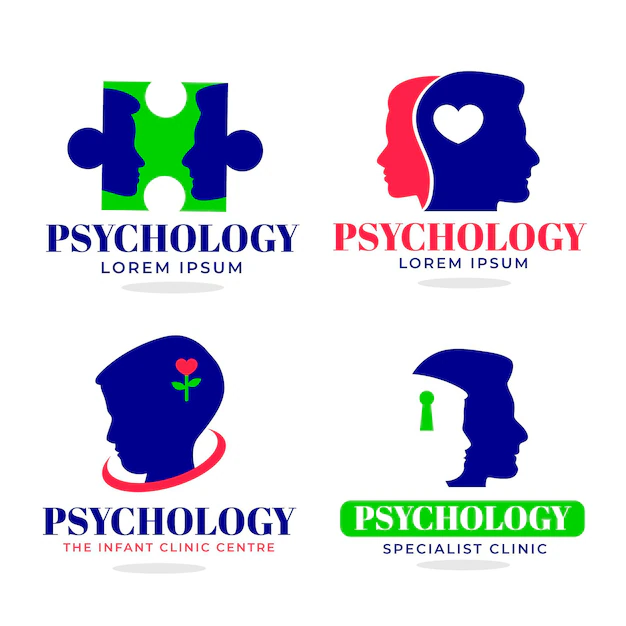Unraveling Carl Jung’s Theories of Extroversion and Introversion in Analytic Psychology and Psychotherapy
Carl Gustav Jung, the Swiss psychiatrist and psychoanalyst, revolutionized the field of psychology with his deep insights into the human psyche. One of his most enduring contributions to psychology is the concept of “extroversion and introversion”, which have become fundamental aspects of personality theory and psychotherapy.

Page Contents
Carl Jung and Analytic Psychology
Jung, a student of Sigmund Freud, broke away from Freudian psychoanalysis to develop his own school of thought, known as Analytic Psychology. Unlike Freud, who focused on the role of the unconscious mind and childhood experiences, Jung expanded the exploration of the human psyche by delving into the collective unconscious, archetypes, and personality typology.
Extroversion and Introversion: Core Elements of Personality
At the heart of Jung’s theory are the concepts of extroversion and introversion, which describe the fundamental ways individuals direct and receive psychic energy. These terms refer to the orientation of one’s energy: whether it is outward (extroverted) or inward (introverted).
Extroversion
Extroverts, according to Jung, primarily direct their energy outward toward the external world. They tend to be sociable, expressive, and energized by interactions with others. Extroverted individuals are often outgoing, seek stimulation, and thrive in social settings. Their focus lies on the external environment and the people around them, making connections and engaging actively with the world.
Introversion
On the other hand, introverts focus their energy inward, towards their inner world of thoughts, feelings, and reflections. They are characterized by a preference for solitude, introspection, and deep contemplation. Introverted individuals tend to be more reserved, thoughtful, and gain energy from time spent alone or in small, meaningful interactions. They may appear quieter in social settings and need time to recharge after periods of social interaction.
Applications in Psychotherapy
Jung’s understanding of extroversion and introversion holds significant implications in psychotherapy and self-awareness:
Self-Discovery and Personal Growth
Jung believed that recognizing and understanding one’s dominant orientation (whether extroverted or introverted) is crucial for self-discovery and personal growth. By acknowledging these tendencies, individuals can embrace their strengths, appreciate their differences, and develop a deeper understanding of themselves.
Balancing Opposing Functions
Jung emphasized the importance of balancing both extroverted and introverted functions within oneself. This integration allows individuals to harness the strengths of both orientations, leading to a more harmonious personality and a richer inner life. For instance, an extrovert might benefit from introspective practices, while an introvert can learn to engage more comfortably in social situations.
Relationship Dynamics
Understanding extroversion and introversion can also enhance interpersonal relationships. Recognizing and respecting each other’s preferences and unique individualities can essentially lead to better communication, empathy, and compromise within relationships. Partners, friends, and colleagues can navigate differences more effectively by acknowledging these inherent personality traits.
Contemporary Relevance and Criticism
Jung’s concepts of extroversion and introversion remain influential in modern psychology, particularly in personality assessments like the Myers-Briggs Type Indicator (MBTI). However, some criticisms suggest oversimplification of human personality by dichotomizing individuals into rigid categories, failing to capture the complexity and fluidity of human behavior.
Conclusion
Carl Jung‘s theories of extroversion and introversion have profoundly influenced on how we perceive aspects of personality and interpersonal dynamics. They provide valuable insights into how individuals direct their psychic energy, engage with the world, and shape their relationships. While not without criticism, Jung’s concepts continue to be foundational in psychology, guiding self-discovery, personal development, and therapeutic practices. Integrating extroverted and introverted functions can lead to a more balanced and fulfilling life, fostering a deeper understanding of oneself and others.







